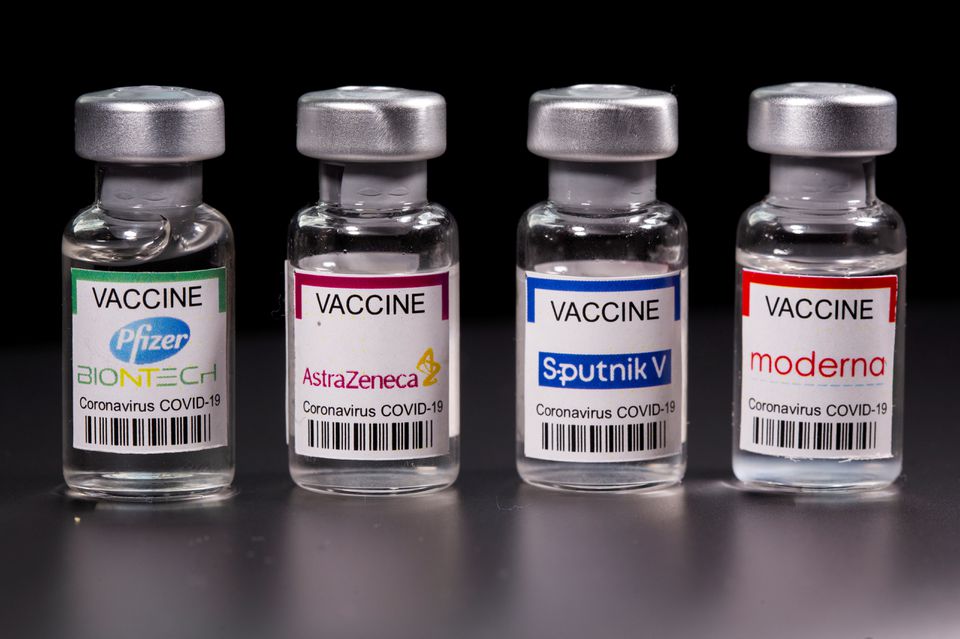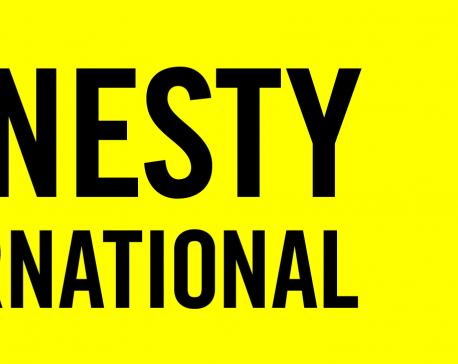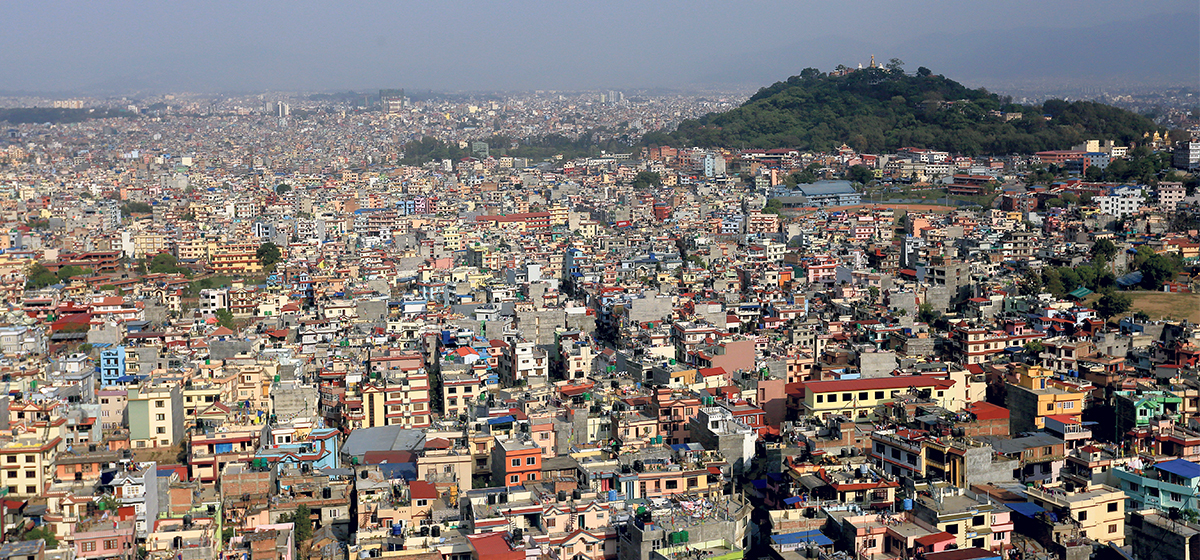
OR
Amnesty International urges leaders of wealthy nations to share vaccines with poor countries
Published On: December 8, 2021 04:12 PM NPT By: Republica | @RepublicaNepal

KATHMANDU, Dec 8: Amnesty International has urged world leaders not to forget their responsibility to share vaccines to all countries as Wednesday marks the one-year anniversary of the first COVID-19 vaccines administered worldwide.
Amnesty International’s Health Advisor, Tamaryn Nelson has said that the emergence of the Omicron variant of COVID-19 must spur world leaders to share vaccines. “The recent emergence of the Omicron variant is a stark reminder of what happens when we fail to address the pandemic at a global level," he said.
“Experts have been warning us that the pandemic is global in nature and that an unequal distribution of vaccines around the world would only increase the chance of new variants emerging. Yet while some high-income countries have fully vaccinated nearly 90% of their populations, just over 7% of people in low-income countries have received a single dose, he further said.
Health Advisor Nelson complained that world leaders in wealthy countries appear to have forgotten their responsibility to help people in poorer countries get vaccinated. "Leaders in wealthy countries have been urging their populations to get vaccinated while repeatedly acknowledging the importance of vaccines to end the COVID-19 pandemic – especially in the wake of the Omicron variant. These same leaders, however, seem to forget that this same message applies to everybody around the world," he said.
Nelson argued that it is shocking that wealthy countries, whose populations have all been offered vaccines, continue to hoard hundreds of millions of unused doses while pharmaceutical companies are still sending the lion’s share of their production to these same countries.
“If we want to stem the tide of new variants and end the pandemic, states that have been stockpiling vaccines must immediately redistribute them whilst also ensuring countries have enough time and resources to adequately carry out a comprehensive roll-out. Likewise, pharmaceutical companies need to realize they are in the business of producing life-saving products that must go where they are needed the most, not where they are paid top dollar,” he added.
You May Like This

CIAA appeals to Supreme Court against Chudamani Sharma
KATHMANDU, Dec 27: The Commission for the Investigation of Abuse of Authority (CIAA) has appealed to the Supreme Court in... Read More...

Amnesty Int'l urges govts in South Asia to take urgent action to combat COVID-19 surge
KATHMANDU, May 13: Amnesty International (AI) has urged governments across South Asia to immediately address healthcare shortages and urgently strengthen... Read More...

AI lauds Qatar's partial abolition of exit permit for workers
KATHMANDU, Sept 6: Amnesty International, an organization that advocates for ending abuse of human rights, on Wednesday lauded Qatar's new law... Read More...








Just In
- One killed in tractor-hit
- Karnali Chief Minister Kandel to seek vote of confidence today
- Chain for Change organizes ‘Project Wings to Dreams’ orientation event for inclusive education
- Gold price decreases by Rs 200 per tola today
- National Development Council meeting underway
- Meeting of Industry, Commerce, Labor and Consumer Welfare Committee being held today
- Nepali announces cricket squad under captaincy of Rohit Paudel for series against West Indies 'A'
- Partly cloudy weather likely in hilly region, other parts of country to remain clear










Leave A Comment